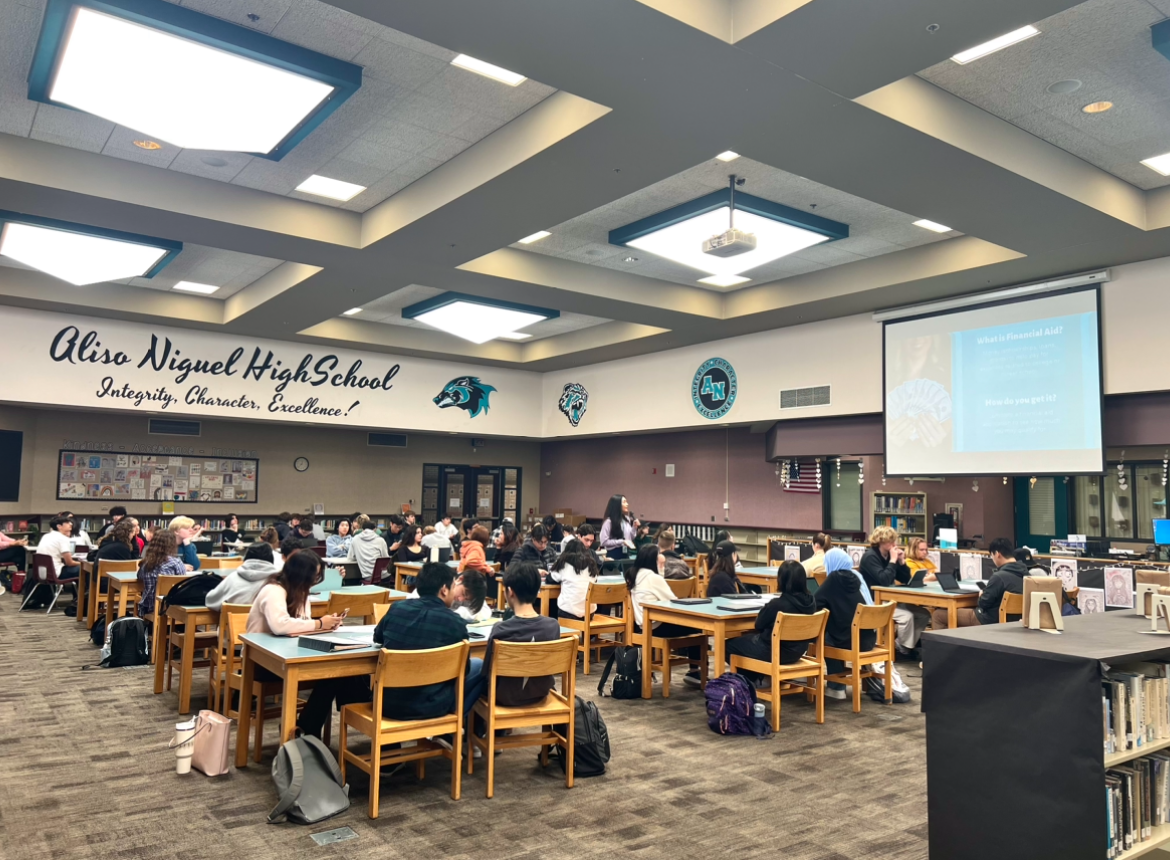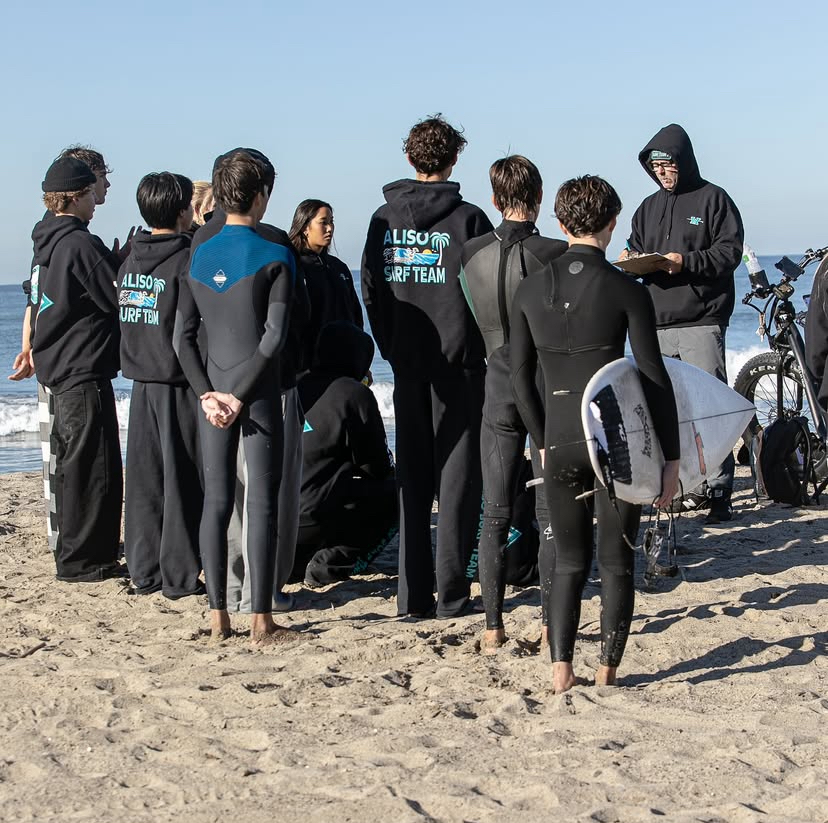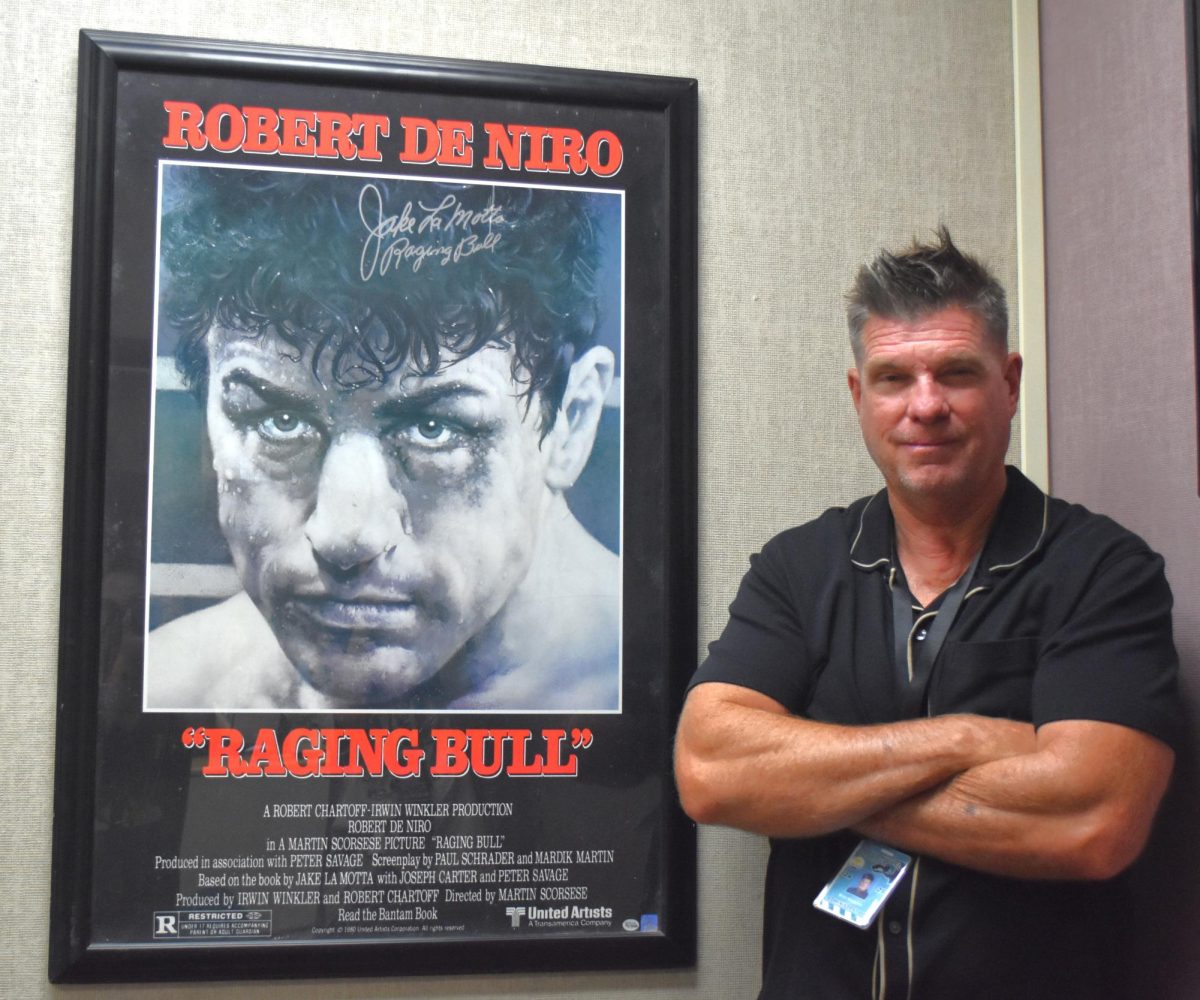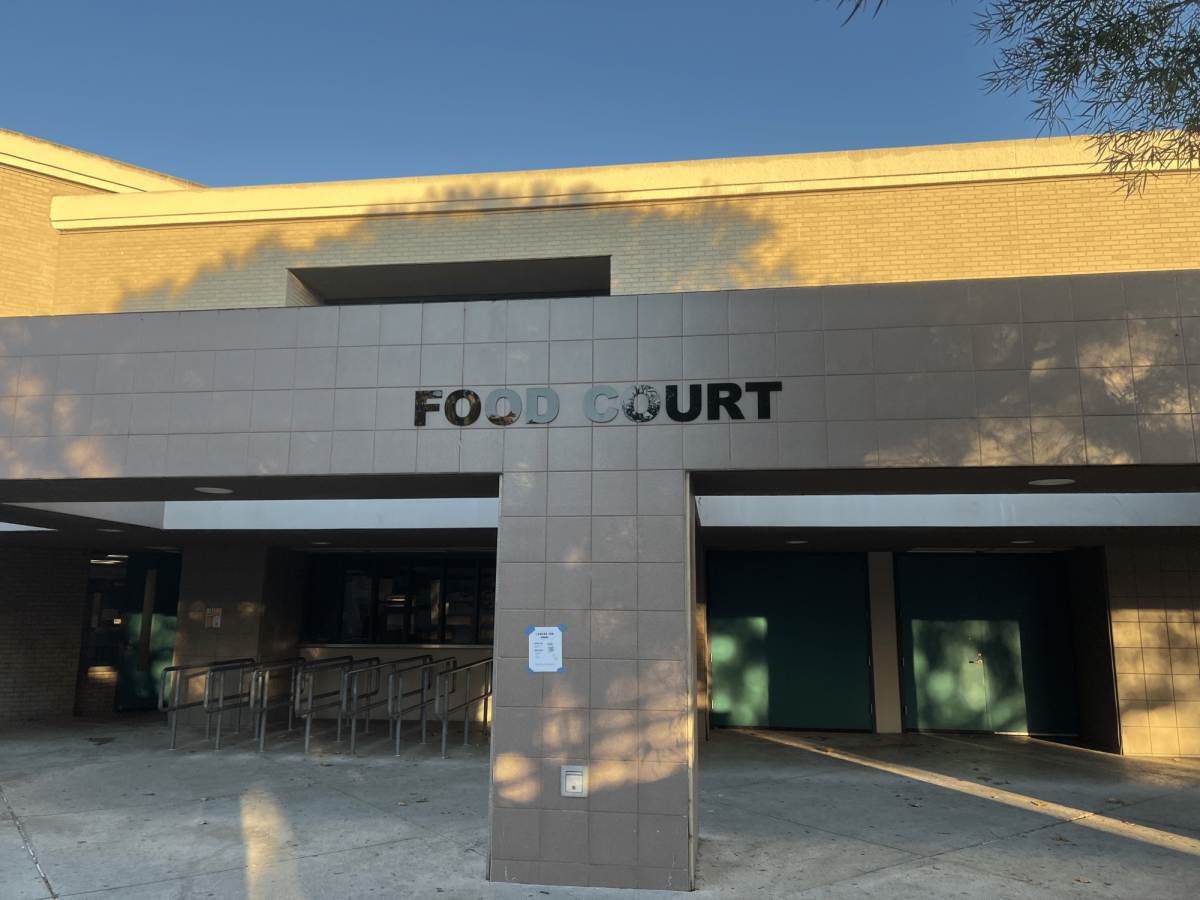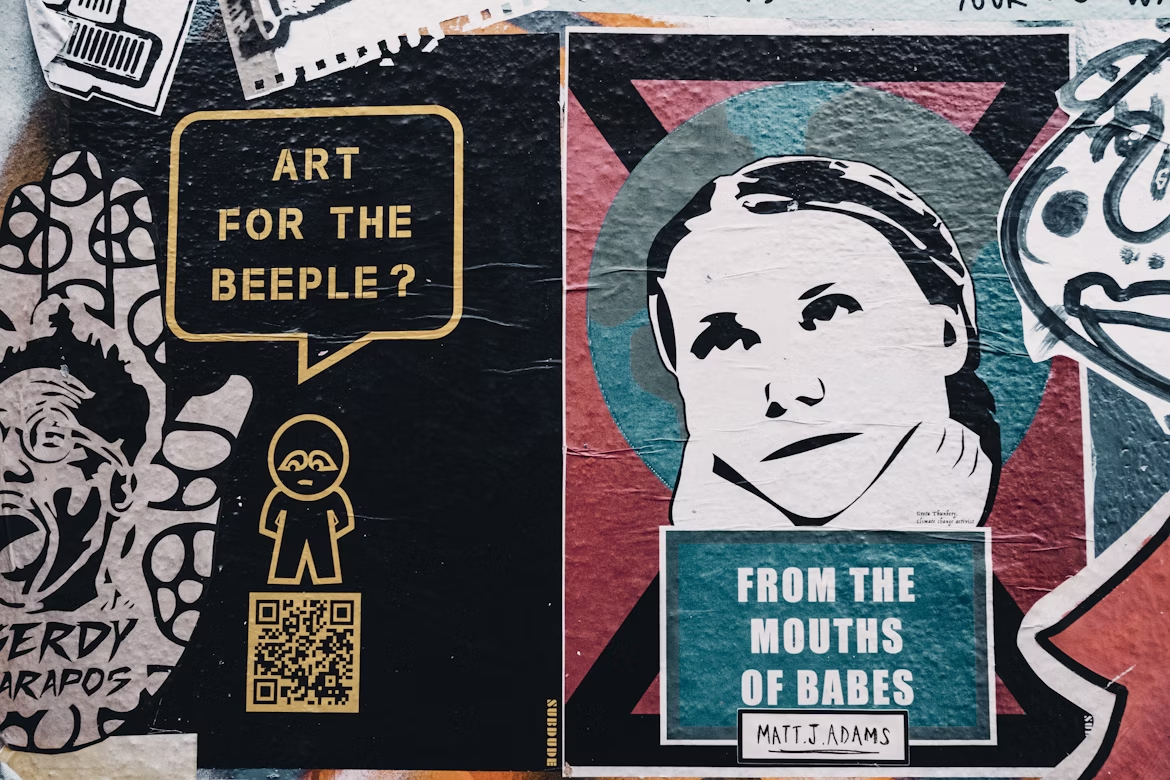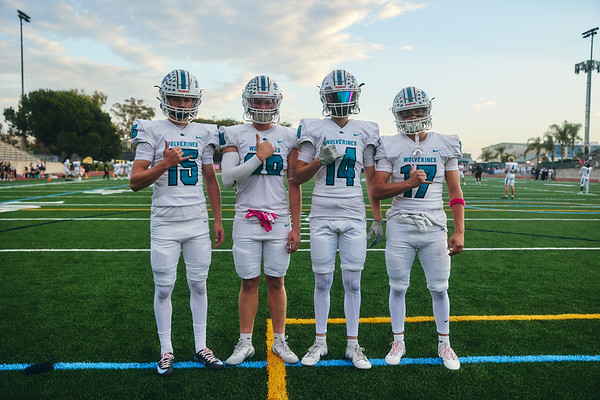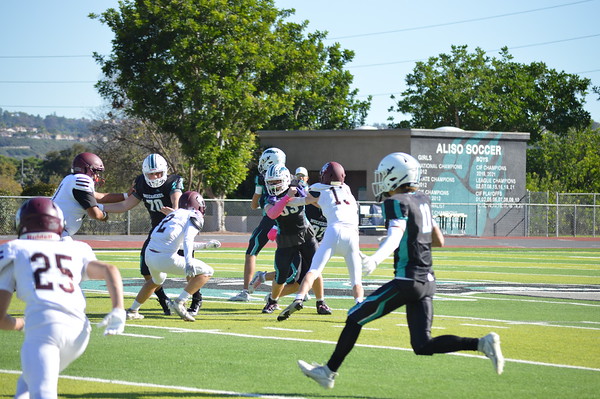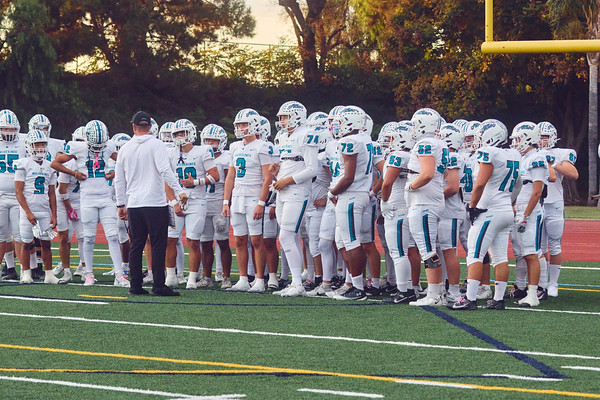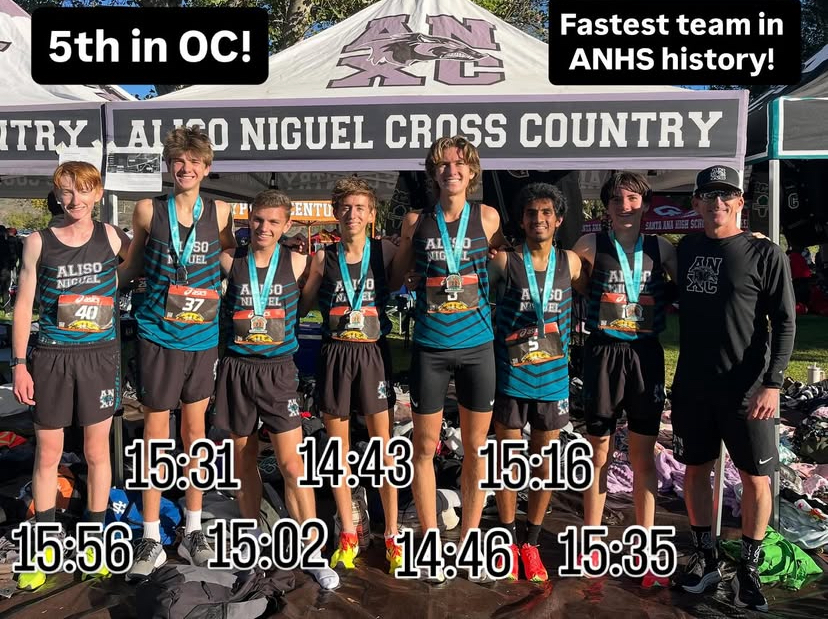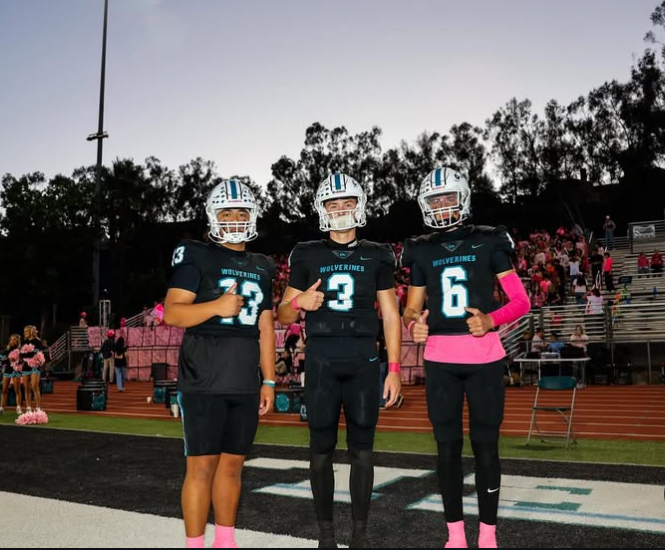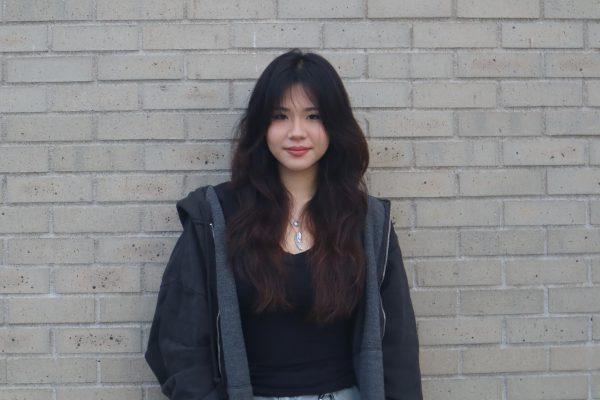Every senior at Aliso Niguel High School is called into the library during Wolverine+ this year in order to fill out a FAFSA form, which is a financial aid application. The college and career counselor, Ms. Nguyen, is in charge of the Wolverine+ financial aid event for seniors.
Financial aid in the U.S. is funding and assistance that is accessible for students who attend a post-secondary educational institution, such as a college or a vocational school. It helps cover many costs and alleviate debts that a student may become liable for in pursuit of higher education. FAFSA stands for Free Application for Federal Student Aid, which is essentially money to help with college expenses.
The goal of the Wolverine+ event is to make sure every senior at Aliso Niguel High School is getting support and exposure to the financial aid application process. For the past two weeks, seniors have been called into the library in groups to be educated on what financial aid is and how they can get the process started.
Ms. Nguyen said, “The most important thing that students should understand is that they should all be applying for financial aid regardless of their economic status. Many students and their families are reluctant to fill out a form because they think they will not gain anything from it, but if anything, it is a free application, and filling out the form will only help them maximize options for paying for their educational tuition. Whether it is in the form of affordable loans or maybe even a grant in scholarships, the only thing they would be losing is a little bit of time and nothing else. I want them to understand that by completing an application, they are not obligating themselves to anything; it is just an application to see what kind of support they will get financially.”
Aliso Niguel High School is a school in California. California is the seventh state in the United States to now mandate completion of the FAFSA application upon graduation. This is to help better inform students and their families about the available resources and grants that could potentially help them afford the costs of college.
Many students believe that the FAFSA event also pushed them to complete the FAFSA form ahead of time, or informed them about deadlines that they would not have known about otherwise.
Marcus Banzon (12) said, “I think it was a really helpful event in the sense that I actually completed it earlier. Usually I would hold it off until later, but since there was a time and place to do the application, it actually helped push me to do it earlier. It also helped me learn more about FAFSA.”
Additionally, Mark Andrade (12) said, “The event really informed me more about FAFSA, especially about the deadlines, because I was not really aware of the deadlines. All I knew was that I had to complete it within a certain time range.”
For 2024 graduates, there is a new application process that is different from the years prior. As well as the California Dream Act being introduced, a financial aid application for undocumented students, DACA recipients, U Visa holders and students under TPS. This allows more students to be able to access financial aid and get the aid they need.
There have been some delays in the processing, and unfortunately, many things have been pushed back as a result, which is why Ms. Nguyen urges students to fill out the application early on to avoid technical complications that might happen at the last minute.
